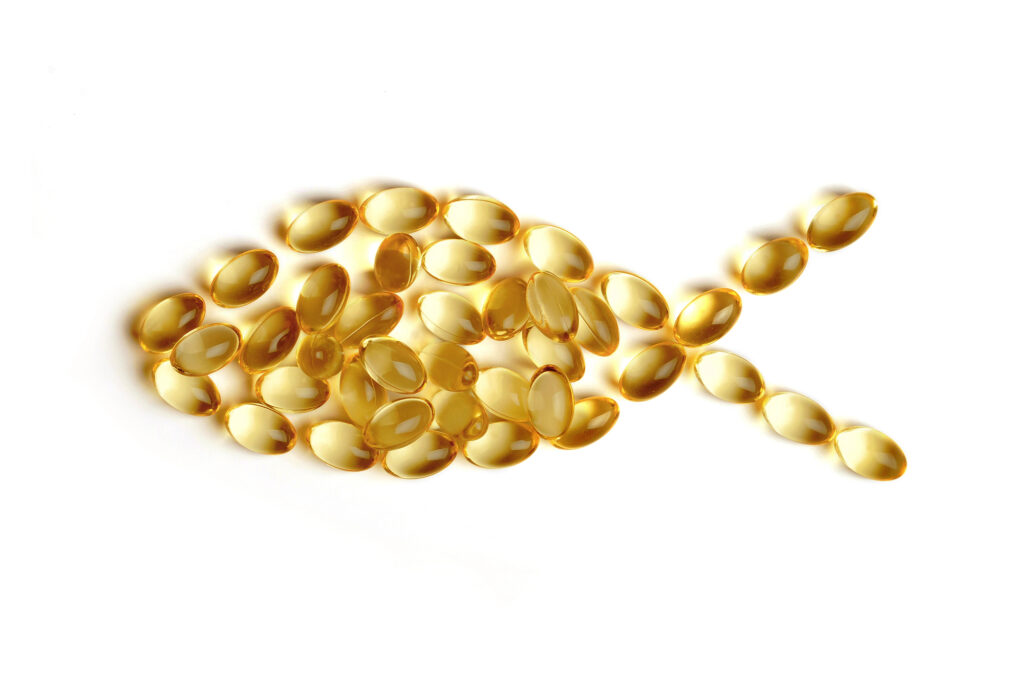The health benefits of omega-3 polyunsaturated fatty acids (PUFAs) have been well documented. Studies have found that these beneficial fats—found in oily fish such as salmon, mackerel, herring, and sardines—can help lower triglyceride levels, relieve symptoms of rheumatoid arthritis, and may even help reduce risk of developing Alzheimer’s disease and dementia.
Now, a large international study has found that omega-3s may be particularly important for people with a family history of cardiovascular disease, including unstable angina, heart attack and cardiac arrest, and stroke. The results were published in December in the journal Circulation.
The Study
“Cardiovascular disease is to some extent hereditary, as shown by twin studies, but it has been difficult to identify the controlling genes. A strong hypothesis is therefore that it is a combination of genetics and environment,” says Karin Leander, PhD, of the Institute of Environmental Medicine at Karolinska Institute, the study’s research leader.
To examine the interaction between family history and diet, Leander pooled data collected from over 40,000 people without cardiovascular disease who participated in 15 studies conducted in 10 different countries as part of the Fatty Acids and Outcomes Research Consortium (FORCE).
Leander’s team used blood and tissue biomarkers to assess the participants’ intake of several PUFAs, including linoleic acid, alpha-linolenic acid, and the two most well-known omega-3s: EPA (eicosapentaenoic acid) and DHA (docosahexaenoic acids). Levels in the 25th percentile or below were considered a low intake. According to Leander, blood and tissue levels are a reliable measure of the dietary intake of oily fish because these fats cannot be produced by the body.
The team also tracked whether or not participants had a family history of cardiovascular disease (CVD), which they defined as having one or more first-degree relatives who had experienced a CVD event.
During the follow-up period, nearly 8,000 participants developed some form of cardiovascular disease. In their analysis, the researchers were able to show that those who had both cardiovascular diseases in a close relative (such as a parent or sibling), and also low levels of the omega-3 fatty acids EPA/DHA, had an increased risk of cardiovascular disease of over 40 percent. The elevated risk for those who “only” had cardiovascular disease in the immediate family was 25 percent. Interestingly, there was no observed interaction between the other measured PUFAs and family history of heart disease.
Conclusions
“The fact that the measurement of fatty acids in blood and tissue are objective, as opposed to self-reported data on eating habits, is an important advantage,” says Leander. “We are the first to study the effect of the combination of family history and fatty fish intake using fatty acid measurements.”
While the researchers stress that their results should be interpreted with caution and that more research is needed, they note that their findings support current cardiovascular prevention guidelines regarding the consumption of EPA- and DHA-rich fatty fish—especially for people with a family history of CVD. “The study suggests that those with a family history of cardiovascular disease have more to gain from eating more oily fish than others,” says Leander.






